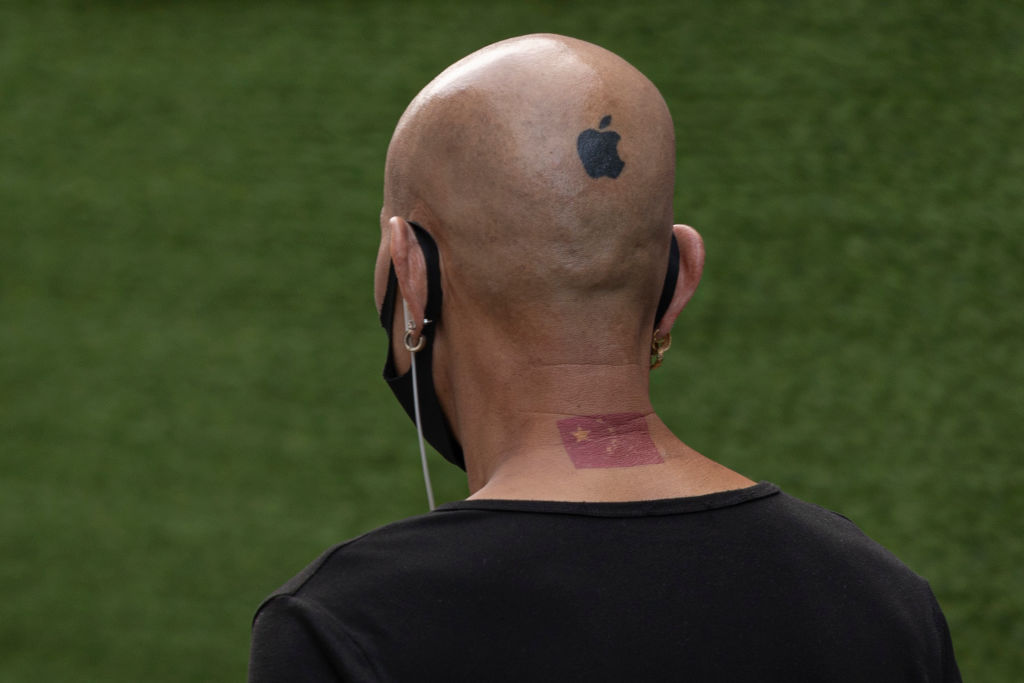Proposed laws could change how consumers get smartphones repaired
If you want to fix your broken smartphone without voiding its warranty, you could have a problem if you take it to an unauthorized repair shop. But that could change: Twenty states are now considering so-called "Right to Repair" bills.
The Federal Trade Commission is asking for public comments on whether people should be able to get their electronics fixed by a third party.
Last year, Apple included the ability to monitor battery health for certain iPhone models. However, the monitoring would become disabled for consumers who swap out the battery themselves or go to a non-authorized vendor.
Apple acknowledged it added a notification that tells customers if an iPhone battery was put in by a third party. The company said this is to "protect our customers from damaged, poor quality or used batteries which can lead to safety or performance issues."
"Take your iPhone screen: I know plenty of people who would not got to an Apple store to fix it, they would take it to just some local screen repair place or a friend who does that kind of thing," said CNET senior managing editor Dan Ackerman. "But they're not getting the official Apple screen part. The same thing with batteries. Batteries are much tougher because you cannot get that official Apple battery."
"So, if your Apple machinery breaks down and you take it to a repair shop, Apple will nor send that repair shop the parts to repair it?" asked "CBS This Morning" co-host Tony Dokoupil.
"In some cases, especially the battery," said Ackerman. "You can use other batteries. But now you're getting this warning that says, 'We can't confirm that this is a real battery' and it actually hides some of the battery health information from you. So, it is degrading the usage of the phone a little bit."
Apple's motive, said Ackerman, is to drive people to Apple, or to Apple-authorized repair shops that charge Apple-level prices.
He said a "Right to Repair" law would do more than simply allow consumers to have their electronic products serviced anywhere without voiding a warranty. "It would in many of these state bills require the company to provide the actual parts that they need and also the software, instructions and manuals which they often hold... almost like trade secrets."
On safety issues, counterfeit batteries are "not great," said Ackerman, but if you had official batteries available from third-party dealers, "I think that would be a fairly safe thing to do."
Co-host Gayle King said, "Let's look at Apple's point of view: They say, 'It's our product. We want to fix it. We want to keep the business.' Sounds like a smart business decision on their part, to make it difficult."
"Sure. And you know that when you go in there, the prices — not just of Apple, but many other brands — the prices of repairs and parts are just high enough that you consider buying a new one, which is baked into the business model of a lot of companies.
"You used to be able to pop a battery out of your phone, put a new one in. Same thing with your laptop. You can't do that anymore. They're sealed inside. Repairability has gone way down."



